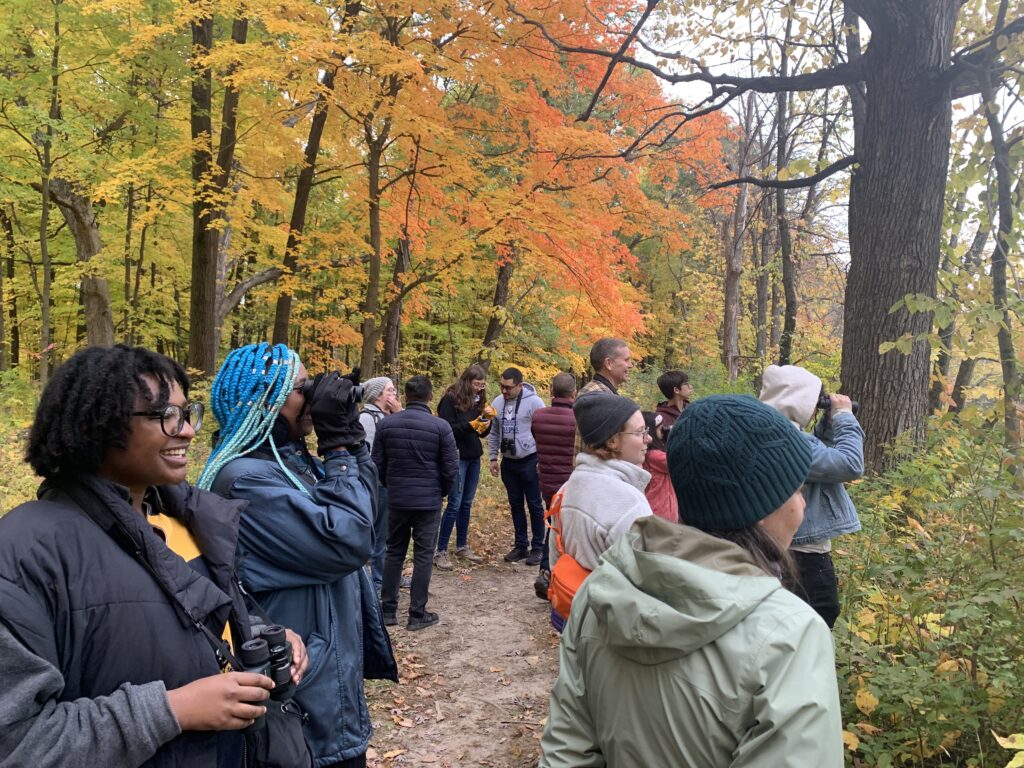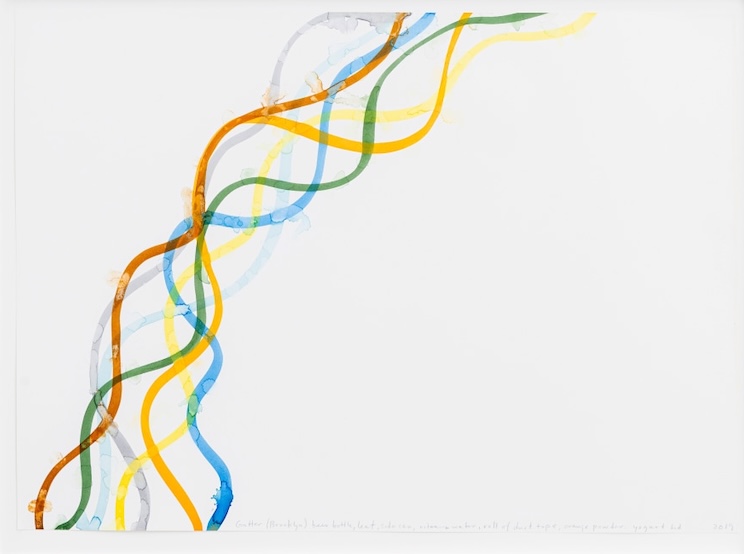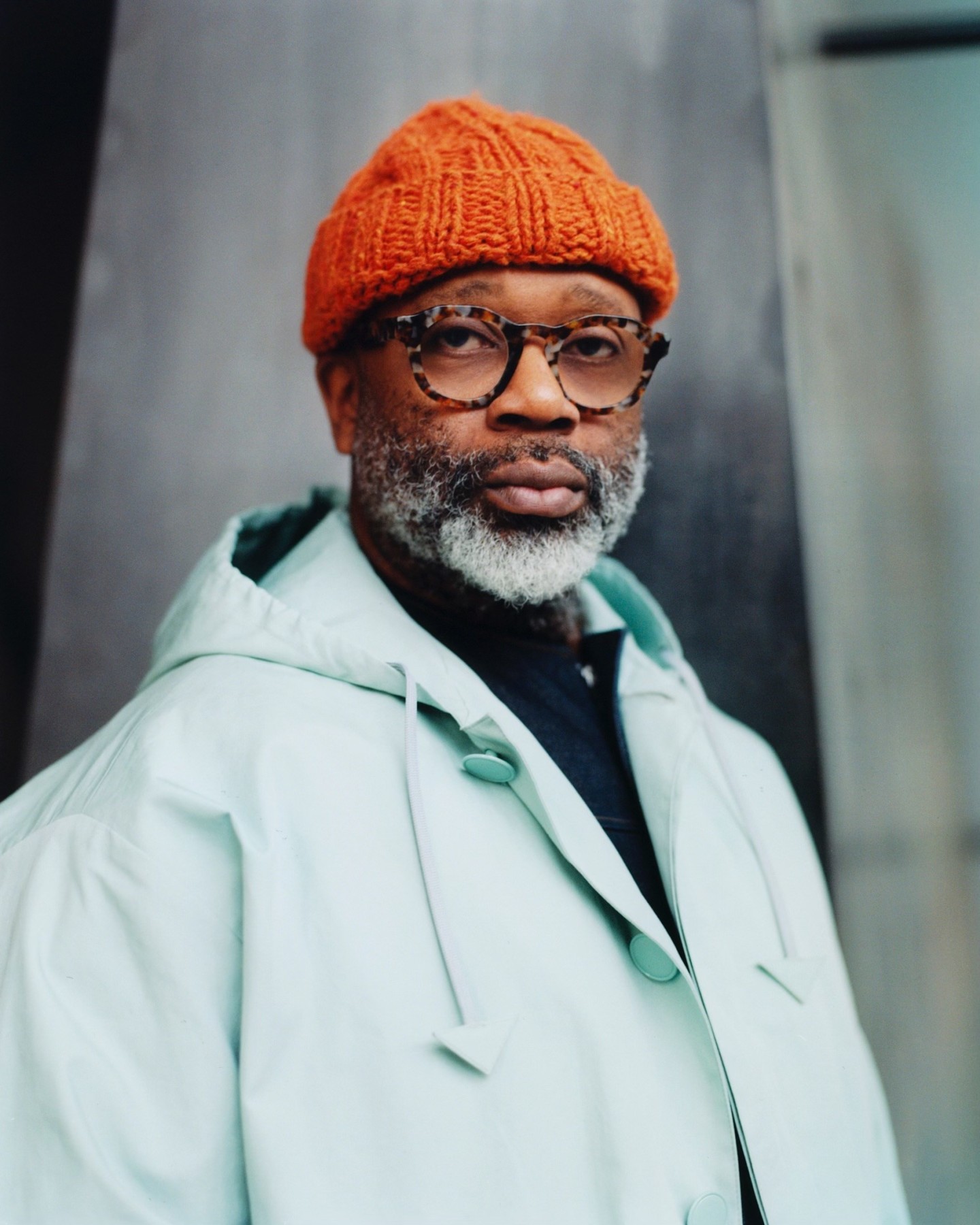What are The Benefits of Virtual Programming? New Survey Asked 61 Small Chicago Arts Groups

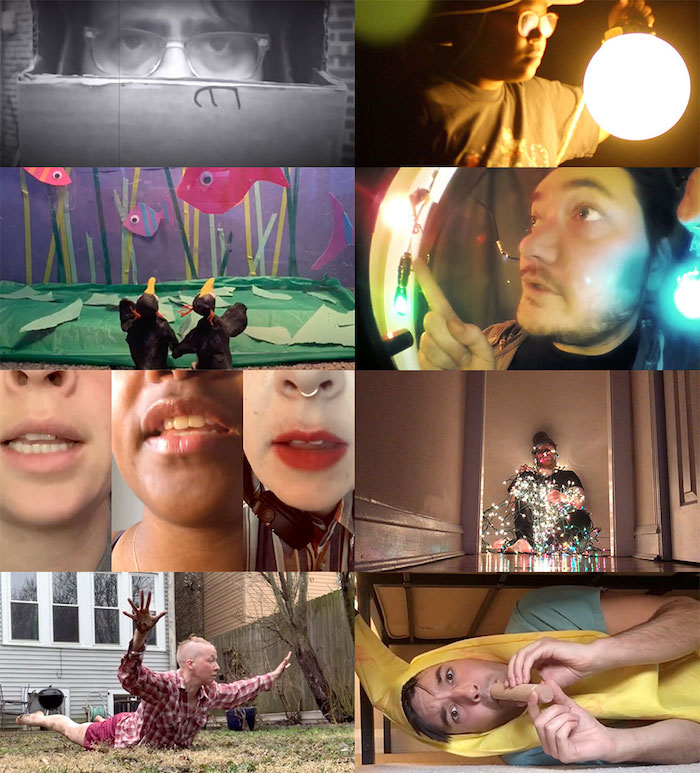
CGN Staff via PR
When the pandemic hit nearly a year ago, arts organizations of all sizes and types, from galleries and museums to theaters and dance studios, were impacted. Nearly all had to work very quickly to shift to full-time online programming while the public was required to stay at home. What began as a temporary, survival-response has since become more sophisticated and far reaching. The programming and business impacts of such a shift also may be here for the long term.
We recently learned that the Chicago-based Gaylord and Dorothy Donnelley Foundation—an organization that offers unrestricted grants to 175 small arts organizations in Chicago with budgets under $1 million—recently surveyed 61 of its arts grantees to garner insights on 2020 virtual programming. An overwhelming number of arts leaders cited that the main benefit to producing events virtually was the ability to engage new, broader audiences well outside their usual geographic reach, thanks to the accessibility of the virtual format at a time when people across Chicago and the nation are seeking at-home entertainment options.
Other significant findings include:
· 100% of the arts organizations surveyed presented virtual programming in 2020, ranging from socially distanced concerts and artist talks to livestreamed performances
· 70% of arts organizations said their virtual programming received far more engagement than anticipated
· 46% of arts organizations saw a boost in their social media and website traffic as a result of virtual programming
Leaders from theatre, music, dance and visual arts organizations provided a wealth of insight regarding the specific programs that proved to be successful in a virtual format and shared how these successes have informed their plans for 2021.
2nd Story, an organization that elevates storytellers to deliver literary-theatrical experiences, has also found the virtual shift to be a constructive alternative to their usual in-person performances, and over the course of the pandemic 2nd Story reached audiences in 110 Illinois zip codes, 36 states, and seven countries, with each virtual show exceeding revenue goals and setting revenue records that surpass their previous in-person programming. 2nd Story’s upcoming virtual events are listed online at www.2ndstory.com/upcoming.
“One of the things that has made these virtual events successful is that we are not trying to mask the medium, we are embracing Zoom for its reach and functionality,” said Lauren Sivak, Managing Director of 2nd Story. “We cannot ignore the fact that virtual programming provides a certain level of accessibility that our in-person programming will never offer, especially now that we are in colder months. We will still see a demand for virtual programming even when things open back up.”
Water People Theater (WPT), an organization dedicated to expanding the boundaries of Latin-theater, engaged a global audience of more than 7,000 people who virtually attended WPT productions in 2020. The virtual model has enhanced WPT’s artistic collaborations as well, as the organization featured 156 global theatre professionals on its virtual stage this past year. WPT’s International Festival of Latino Theater begins March 19, 2021. More information can be foundwww.waterpeople.org.
“We have done several productions where all artists involved are in a different country and time zone!” said Rebeca Alemán, Founder and Executive Director of WPT. “We have featured artists from Los Angeles to Argentina, performing on the same ‘stage’ at the same time. It is humbling to see the Latino theater community’s commitment to take on challenges to continue transforming people through art and, by doing so, keeping live theater active.”
In the summer of 2020, while several dance companies were rebroadcasting past works, Cerqua Rivera Dance Theatre, a multicultural dance collective, was quickly creating new productions including Wilfredo Rivera’s Identity City, focused on themes of isolation and metamorphosis, and Rivera’s Mood Swing, a series of duets between musicians and dancers that responded to the pandemic and social justice movement. Due to popular demand, Cerqua’s 2021 season will include both virtual and in-person performances, including an evolved version of Mood Swing. Cerqua will announce its upcoming season in the next month via their website at www.cerquarivera.org.
The Neo-Futurists—a non-illusory theater company whose work is a combination of sport, poetry and living newspaper—moved their flagship late-night show to a digital platform the week after the pandemic started and have been presentingThe Infinite Wrench Goes Viral every week since. Welcoming digital subscribers on a Patreon platform, the company was making 100% of the show’s weekly pre-pandemic revenue as of the end of 2020, with hundreds of subscribers across the country and beyond. This support has enabled the company to broaden its overall offerings, from entirely original music albums to feature-length films to videogames. They will continue the show’s virtual format in 2021, and upcoming performances can be found at www.neofuturists.org/2020-2021-digital-season.
Fifth House Ensemble, known to reach beyond the perceived limits of classical music, reimagined its annual “Fresh Inc. Festival” in 2020. The event was their farthest-reaching festival to-date, welcoming a global audience of over 5,300 participants, nearly five times the usual number. In 2021, Fifth House will continue their Deep Listening sessions every weekday at 10 a.m. via Facebook Live. Deep Listening is a creativity and mindfulness technique that teaches one how to listen in every dimension, and Fifth House’s daily virtual sessions have created a space for participants to deeply reflect on current events, reconnect to the playfulness of childhood, and remember loved ones who have passed. More information can be found at www.fifth-house.com/deep-listening.
“I have been really impressed by how meaningful Deep Listening has been,” said Melissa Ngan, Founder and CEO of Fifth House Ensemble. “The opportunity to build individual mindfulness and well-being via people’s computer screens, has really exceeded all of our expectations. It’s nice to see how something that we thought of as primarily an educational process is now infused throughout our educational, social, and performance work.”
Silk Road Rising’s artistic output has included digital media, particularly video plays, for over ten years. This experience proved invaluable when the organization moved entirely to virtual programming over the last nine months and launched their newest project, Black Teen Lives Matter, in response to the pandemic and this era of racial awakening. The first of four acts debuted in November 2020 and the series will resume February 27, 2021. More information about the series can be found at www.silkroadrising.org.
Video Game Art (VGA) Gallery—an organization that seeks to increase cultural appreciation, education of video games and new media—released a new monthly digital publication in 2020, VGA Zine, comprised of interviews with staff, artists and community members, as well as discussions around media from the video games in VGA’s collection. After VGA Zine readership skyrocketed upon the creation of the publication, seeing 7,877 page views with the first five issues, the organization will launch VGA Fireside, an artist-speaker series beginning on January 27, 2021, with hopes that it can be a hybrid program, both in-person and virtual. VGA Zine can be accessed at www.videogameartgallery.com/vga-zine-home.
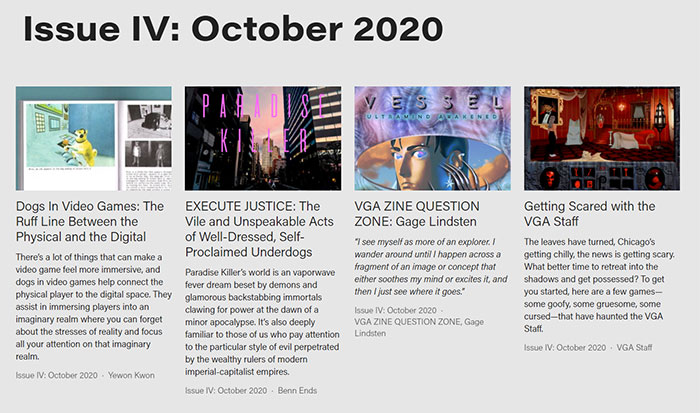
Given the focus on digital entertainment, several organizations also made concerted efforts to develop strategies surrounding their social media pages and websites, resulting in an extreme increase in traffic.
Experimental Sound Studio, an international hub for sonic experimentation, will be using data from their extensive 2020 engagement analysis to inform marketing decisions in 2021. In a year over year comparison between 2019 and 2020, ESS's YouTube channel saw a 668% increase in engagement, their website a 270% increase in traffic, and their Instagram a 135% increase in followers. Intuit: The Center for Intuitive and Outsider Art compared 2020 website stats versus the year prior, and saw a 110% increase in searches, a 247% increase in social media referrals and a 380% increase in referrals from other sites. The week of their Candlelight Carols in December 2020, St. Charles Singers’ Facebook page saw a 1,035% increase in reach and 401% increase in engagement as compared to the week prior.
In addition to revamping social channels, webpages, and online publications, multiple organizations explored the podcast world in 2020. Artemisia Theatre launched a female-driven podcast in 2020 entitled We Women that challenges audiences to see women in a new light. Thanks to the podcast’s rising listenership since its launch in May, Artemisia’s 2021 season will offer eight audio performances of classic and all-new feminist plays, streamed through We Women, featuring discussions with creative teams, intriguing social justice interviews with community leaders, and more. Information about We Women can be found at artemisiatheatre.org/podcast.
The full list of the 61 organizations surveyed can be found at gddf.org/2020-virtual-success.
Emergency Funding During COVID-19 Pandemic
Acknowledging the cataclysmic financial situation which hundreds of beloved regional small arts faced in response to COVID-19 related shutdowns, the Board of the Gaylord and Dorothy Donnelley Foundation met in March 2020 and unanimously voted to immediately put in place a series of funding mechanisms, including expediting a total of $2 million in general operating funds to its roster of 175 arts grantees in the Chicago region and 40 in the Lowcountry of South Carolina.
In addition to expediting individual grants to existing Foundation grantees, the Foundation contributed $200,000 to the Arts for Illinois Relief Fund providing unrestricted grants from $6,000 to $30,000 for groups to be administered by the Arts Work Fund; created an initial $100,000 Lowcountry Arts Emergency Fund to be administered by the Foundation; and seeded a $200,000 relief fund for small collecting organizations in both regions, providing public access to regionally-focused collections. And looking ahead to grantees’ future financial needs, the Foundation will continue its ongoing Cash Reserve Challenge offering arts organizations in both regions the opportunity to receive up to $25,000 in matching funds to assist with maintaining a cash reserve.
About Gaylord and Dorothy Donnelley Foundation
The Gaylord and Dorothy Donnelley Foundation supports land conservation, artistic vitality, and regional collections for the people of the Chicago region and the Lowcountry of South Carolina. GDDF awards $1.7 million annually to 175 creatively accomplished small arts organizations in the Chicago metro area. For more information visit www.gddf.org.
The Foundation supports its grantees with multi-year general operating grants ranging from $2,500 to $13,500 annually, plus an array of additional organizational development opportunities including one-on-one feedback from staff and consultants, reimbursements for trainings tailored to grantee needs, and a cash reserve program.
Editor's Picks
Related:
